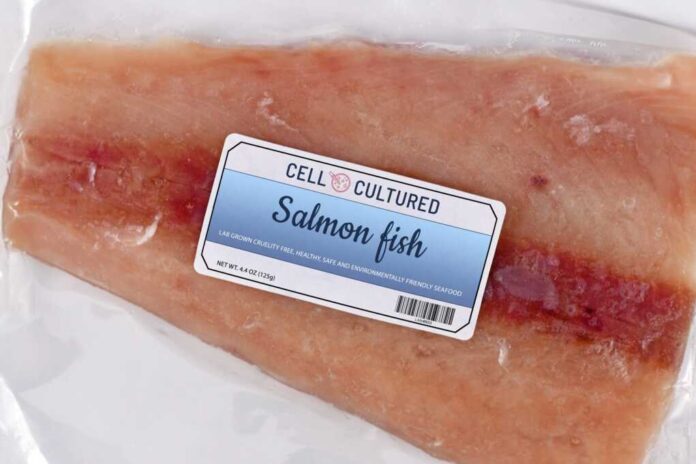
A breakthrough has been achieved as the FDA granted final “no questions” safety clearance for Wildtype’s lab‑grown salmon, enabling commercial sale and marking a major shift in sustainable protein innovation.
At a Glance
- The FDA completed a pre‑market safety consultation for Wildtype’s cell‑cultivated salmon, concluding it is “as safe as comparable foods produced by other methods”
- Wildtype’s sushi‑grade “saku” salmon is now being served at Portland’s Haitian restaurant Kann, with plans to expand to at least four more eateries
- The product is the first lab‑grown fish approved in the U.S., and Wildtype becomes the fourth cultivated‑meat company cleared by the FDA
- Cell‑cultivated seafood is regulated solely by the FDA, unlike lab‑grown meats which involve USDA oversight
- Several U.S. states have enacted labeling laws or bans targeting lab‑grown meat, but no specific prohibition applies to fish yet
What the FDA Cleared—and Why It Matters
On May 28, 2025, the FDA issued a “no questions” letter to Wildtype, completing its pre‑market safety review. This is the first time a cultivated seafood product has received FDA approval, following earlier green lights for lab-grown chicken and pork by other companies.
Wildtype’s salmon is made by growing coho salmon cells in bioreactors, then combining them with plant-based components to mimic the taste and texture of traditional raw fish. As Reason reports, it is designed for raw applications like sushi and ceviche and is already available at Portland’s acclaimed Kann restaurant.
Watch a report: Lab‑Grown Salmon Hits the Menu.
Environmental, Economic, and Regulatory Ripples
Lab-grown fish avoids many downsides of commercial fishing and aquaculture: overfishing, mercury, antibiotic use, and habitat destruction. According to SeafoodSource, Wildtype’s product promises environmental sustainability without compromising quality.
However, regulatory uncertainty persists. While the USDA co-regulates meat, only the FDA oversees seafood, a structure that may streamline seafood approvals. Yet, as NPR notes, eight states have passed laws restricting lab-grown meat—raising questions about whether seafood might soon face similar challenges.
Consumer acceptance is another hurdle. Despite growing awareness, surveys show wariness about “synthetic” food products—especially among older demographics and rural markets.
What Comes Next—and Why It Matters
Wildtype plans to roll out its salmon in four more restaurants this year, and industry analysts see the move as a test case for lab-grown seafood’s market viability. With billions invested globally in cellular agriculture, the success or failure of Wildtype could influence the trajectory of sustainable protein development.
As The Washington Post reports, the FDA’s decision is a turning point: if embraced by chefs and diners alike, cultivated fish could redefine the seafood supply chain.
Whether this innovation thrives will depend on affordability, public taste, and regulatory stability. For now, Wildtype’s debut is both a scientific milestone and a culinary experiment with global implications.





























